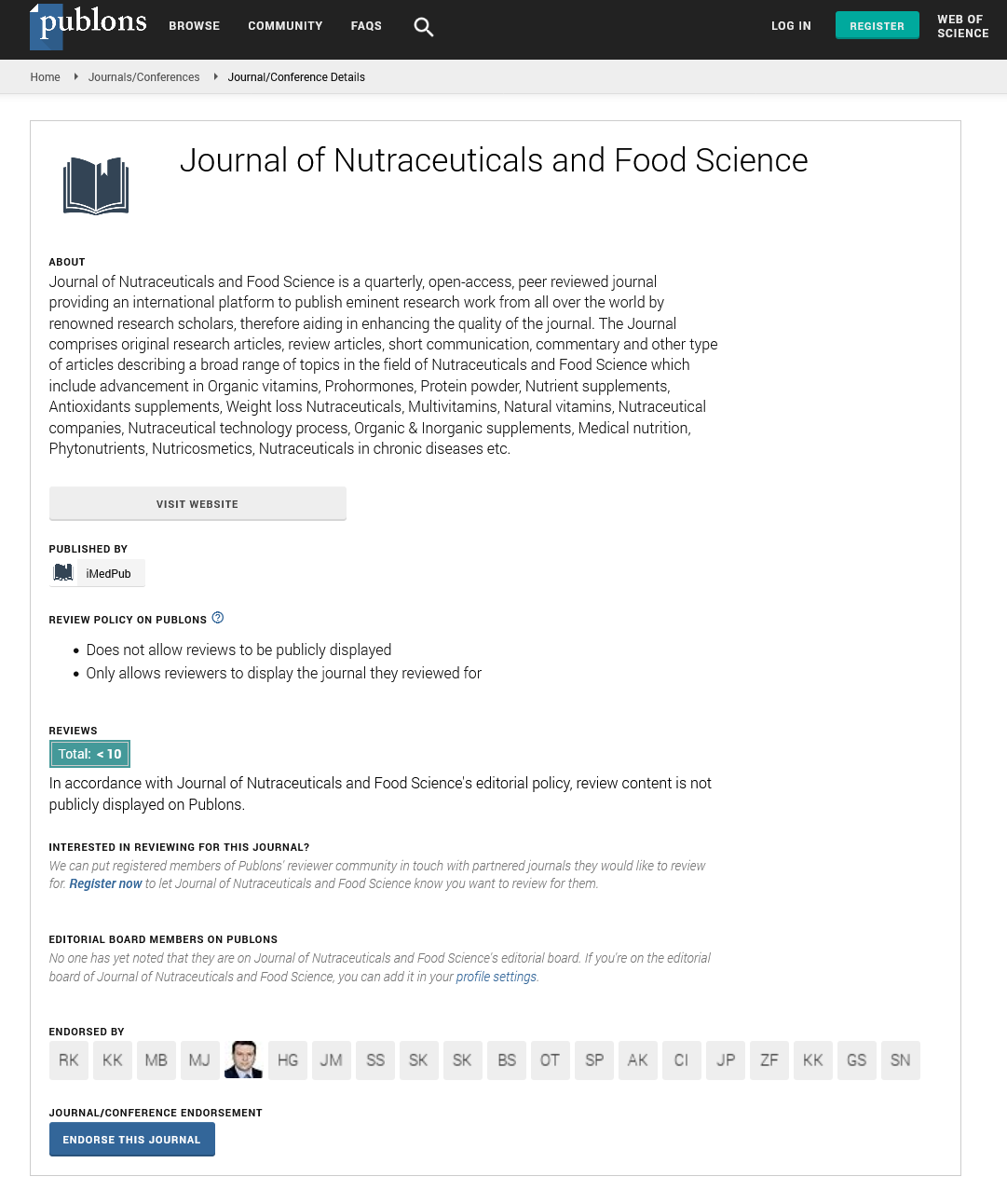Abstract
Effect of Selenium-rich camellia oils on hypolipidemic and antioxidation in rat fat with high-diet fed
To research the effects of camellia oil on hypolipidemic and antioxidant activity in rats fed with the high-fat diet, and promote the high-value utilization of camellia resources. The experiment was divided into CK group (basic diet group), model group (high-fat diet group), positive group (treated with 10 mg/kg BW atorvastatin), treatment group (treated with 2.5, 7.5, 15 mL/kg-.BW camellia oil, respectively). The body weight, liver-body weight ratio of rats were measured , and lipid index (TC, TG, HDL-C, LDL-C) were measured in serum. Moreover, ALT, AST, SOD, GSH-Px activity, MDA content, lipid metabolism-related genes and antioxidant-related genes were measured in liver tissue, then, their hypolipidemic and antioxidant abilities were evaluated. As compared to the model group, the weight and liver-body weight ratio of rats had significantly decreased in the agent group (treated with camellia oil or atorvastatin) (P<0.01), The contents of TC, TG and LDL-C were significantly lower in agent group than those in model group (P<0.01), while the contents of HDL-C was increased. The activity of ALT and AST were significantly decreased in agent group than those in model group (p<0.01). The relative expression of ACAT1, DGAT2, FAS and SREBP genes were significantly reduced in agent group (P<0.01), while the relative expression of LCAT, UCP2, MCD and CPT-1 genes were significantly increased (P<0.01). The SOD, GSH-Px activities and MDA content were significantly increased (P< 0.01) when rats were treated with camellia oil, and the relative expressions of antioxidant genes (SOD1, GPx1, CAT and Gclm) were significantly increased (P<0.01). Atorvastatin and camellia oil had a strong effect on hypolipidemic and antioxidants, but the effect of middle-dose camellia oil was better. The results firstly determined the hypolipidemic and antioxidant activities of camellia oil, thus providing a new natural resource for future investigation and development of the camellia oil-based antioxidant and Hypolipidemic drugs, health products, or additives.
Author(s):
Hao Shia
Abstract | Full-Text | PDF
Share this

Google scholar citation report
Citations : 393
Journal of Nutraceuticals and Food Science received 393 citations as per google scholar report
Journal of Nutraceuticals and Food Science peer review process verified at publons
Abstracted/Indexed in
- Google Scholar
- Publons
- Secret Search Engine Labs
Open Access Journals
- Aquaculture & Veterinary Science
- Chemistry & Chemical Sciences
- Clinical Sciences
- Engineering
- General Science
- Genetics & Molecular Biology
- Health Care & Nursing
- Immunology & Microbiology
- Materials Science
- Mathematics & Physics
- Medical Sciences
- Neurology & Psychiatry
- Oncology & Cancer Science
- Pharmaceutical Sciences


